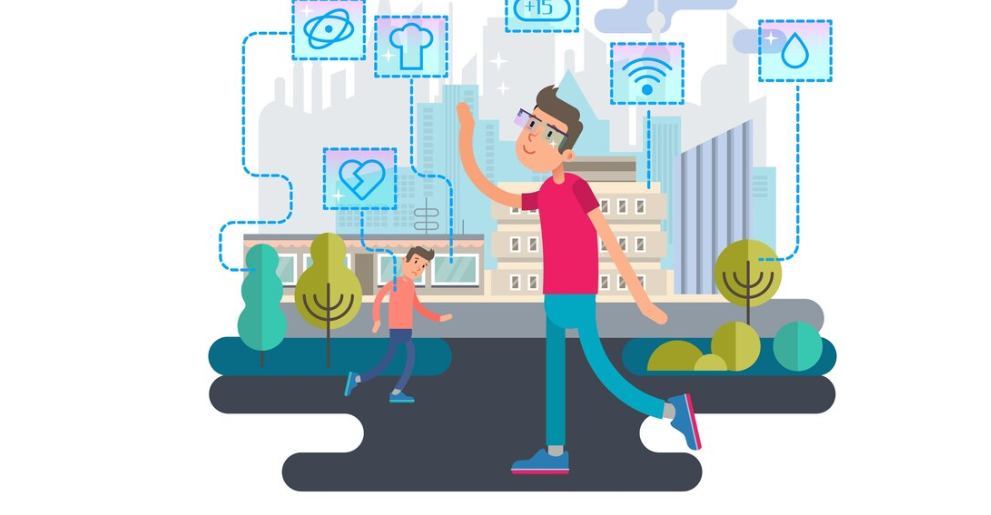In the age of artificial intelligence, data is the new oil—but not just any data. Increasingly, emotional data has become the most valuable and controversial resource. We are entering a new frontier: emotion farming, where human feelings are extracted, analyzed, and fed into machine learning systems to make them more responsive, persuasive, and powerful.
But while the idea of harvesting emotions may sound like science fiction, it’s already happening—quietly, constantly, and often without consent.
What Is Emotion Farming?
Emotion farming refers to the systematic extraction of emotional expressions from humans, often through digital platforms, in order to train and refine machine learning models.
These emotions are captured via:
- Facial expressions (through cameras and computer vision)
- Voice tone and inflection (through audio processing)
- Text sentiment (from posts, messages, and reviews)
- Physiological signals (like heart rate or galvanic skin response from wearables)
The goal? To create machines that don’t just process information, but also detect, mimic, and respond to human emotion.
Why Feelings Are Fuel
In a digital economy obsessed with engagement and personalization, emotions are high-value inputs. They help machines:
- Predict human decisions (anger may predict churn, joy may predict purchase)
- Drive user retention (by adapting tone or content to mood)
- Manipulate behavior (nudging choices based on emotional state)
- Simulate empathy (for virtual assistants, therapy bots, or customer service AIs)
In short, emotions are not just being read—they’re being mined, packaged, and weaponized by algorithms.
The Unseen Harvest
Unlike traditional data collection, emotional harvesting is often invisible. Users may smile at a screen, raise their voice at a device, or write a frustrated comment—all of which become emotionally tagged data points.
Examples include:
- Social media platforms that monitor reactions to content (likes, sad reacts, rage clicks).
- Smart speakers that track tone changes to detect irritation or stress.
- Online surveys and apps that subtly probe emotional responses to stimuli.
Every sigh, frown, or excited click becomes part of an expanding emotional dataset—owned not by the user, but by corporations.
Training Empathic Machines
The data harvested from emotion farming feeds into:
- Sentiment analysis models
- Emotion classification networks
- Conversational AI systems trained to respond empathetically
These systems are now being deployed in sectors like:
- Mental health (AI therapy tools)
- Education (adaptive learning platforms)
- Marketing (emotional targeting)
- Surveillance (behavioral prediction)
We’re not just teaching machines to think—we’re teaching them to feel strategically.
The Ethics of Engineered Empathy
Emotion farming raises urgent ethical questions:
- Consent: Are users aware that their emotions are being collected?
- Authenticity: Can machines truly understand emotion, or are they just mimicking patterns?
- Manipulation: Where is the line between emotional support and emotional exploitation?
- Bias: Are emotional interpretations being skewed by cultural, racial, or gendered assumptions?
When AI is trained on emotions, it’s not just learning how we feel—it’s learning how to act on those feelings, often to influence or monetize them.
A Future of Synthetic Emotions?
Looking ahead, emotion farming could lead to:
- Emotion-as-a-Service APIs, where apps plug into cloud-based affective computing engines.
- Emotional twins, where your emotional profile is cloned to simulate your reactions.
- Emotionally addictive interfaces, optimized to provoke engagement through constant emotional modulation.
In such a future, feelings become both input and output of machines—looped, shaped, and recycled in real time.
Conclusion: Reclaiming Emotional Sovereignty
Emotion farming is not just a technical phenomenon—it’s a philosophical and political one. It challenges the boundaries of selfhood, consent, and authenticity in a world where even your sadness can be sold.
If we’re not careful, we risk becoming not just users of technology, but emotional laborers—working unknowingly for machines that grow smarter with every feeling we express.
To resist this, we need transparency, regulation, and most of all, a redefinition of emotional dignity in the age of AI.
Because in the end, our feelings shouldn’t be just another crop to harvest—they’re what make us human.


